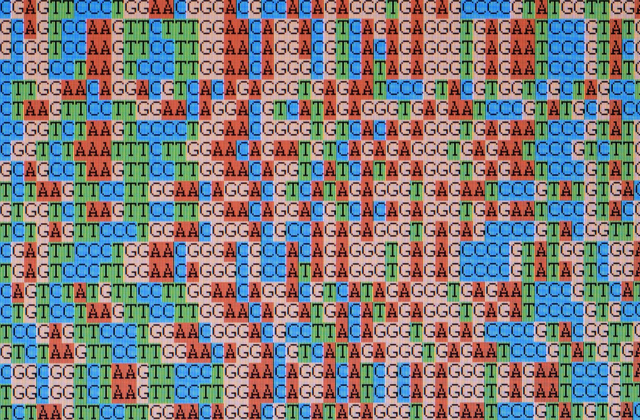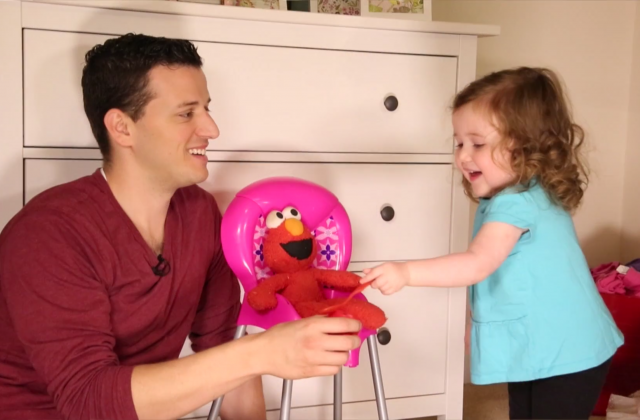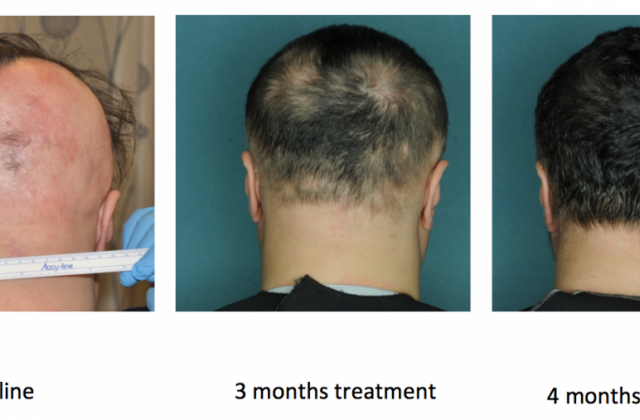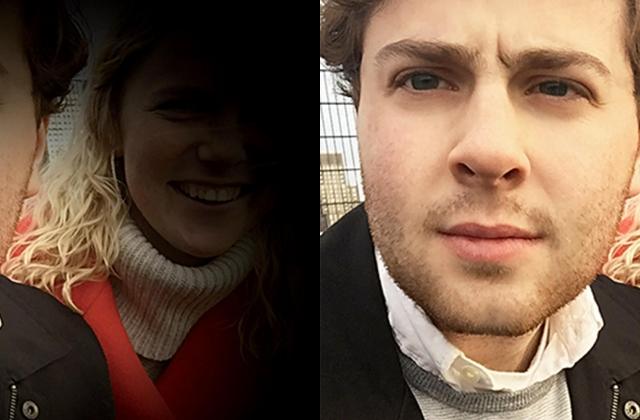How does sequencing pediatric tumors help kids fight cancer?
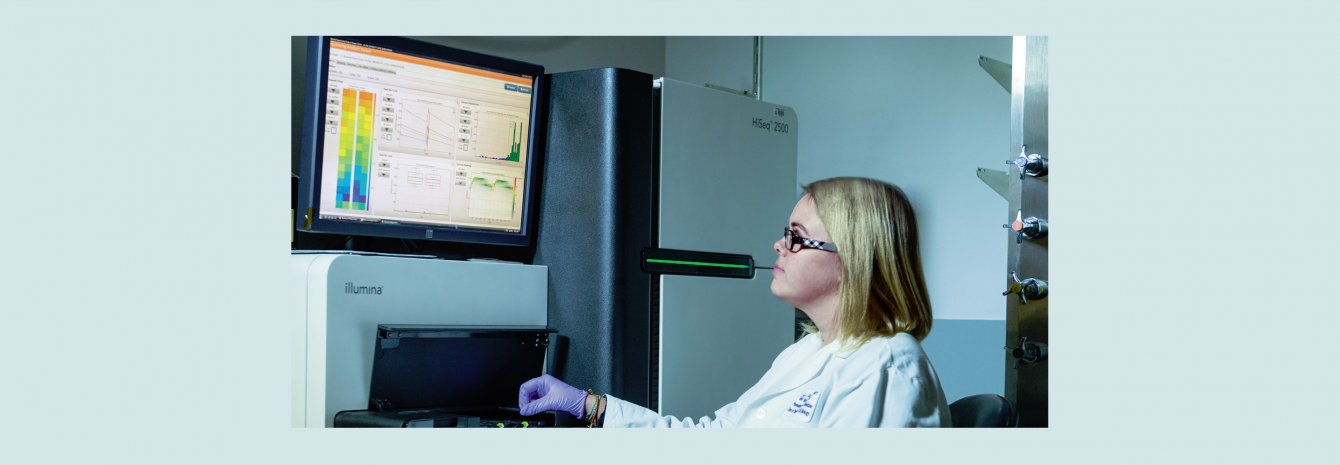
At Columbia University Irving Medical Center, every pediatric cancer patient receives genome sequencing of their tumor. Columbia’s Precision in Pediatric Sequencing (PIPseq) program uses technologies that have been largely restricted to research to provide results to the patient’s doctor in less than three weeks.
The PIPseq program identifies the molecular drivers of each patient’s cancer—the mutations within a gene that promote cancer development. Once they locate these drivers, physician-scientists can look deeper into the genetic basis of the cancer, pinpointing specific therapeutic targets. Then, they can treat the patient with existing drugs that reach those targets.
Since the launch of the PIPseq program in 2014, more than 100 pediatric cancer patients have had their tumors sequenced, helping Columbia physicians in identifying the best treatment for each patient. To take one example, at Columbia, 90 percent of children with acute lymphoblastic leukemia are cured, many with the help of information gained through genome sequencing. Learn More.
Make Your Commitment Today

